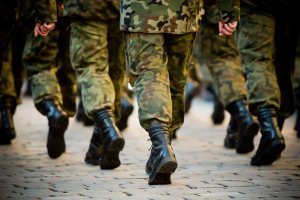Four Largest US Manufacturers to Train Military Vets

Manufacturing Institute, an affiliate of the National Association of Manufacturers trade group, will manage the group in the Coalition program. GE plans to invest an initial $6 million in the program. It will start in January at Cincinnati State Technical and Community College in Ohio, which is located near a major GE Aviation factory. The program will later expand to nine more U.S. cities over the course of 2013.
“I look at this as a catalyst,” said GE Chief Executive Jeff Immelt at an event unveiling the group in New York. “We’re looking for other manufacturers to join us.”
The program’s objectives include: working with community and technical colleges to speed up training; translating military skills into equivalent civilian job functions; helping employers with recruitment and managing workers; and developing on-the-job training programs in major cities.
According to a study by the Manufacturing Institute and Deloitte, around 600,000 US manufacturing jobs have gone unfilled due to a lack of workers with the appropriate skills to work in high-tech, high-speed modern factory environments.
During a panel in New York, executives said few applicants possess the literacy and math skills most positions require. Most job applicants don’t have those skills but veterans learned them while serving, said Alcoa Executive Bob Wilt. Collectively, the four companies employ 64,000 veterans.

